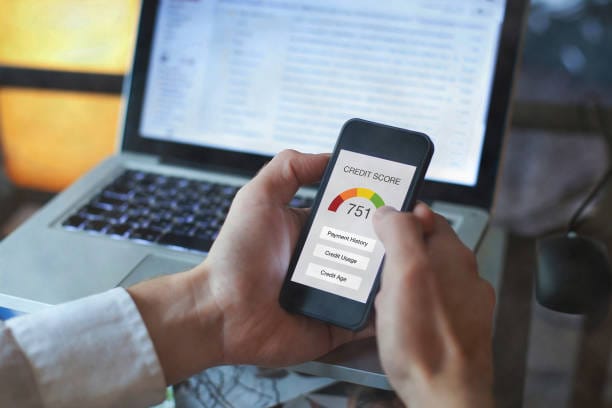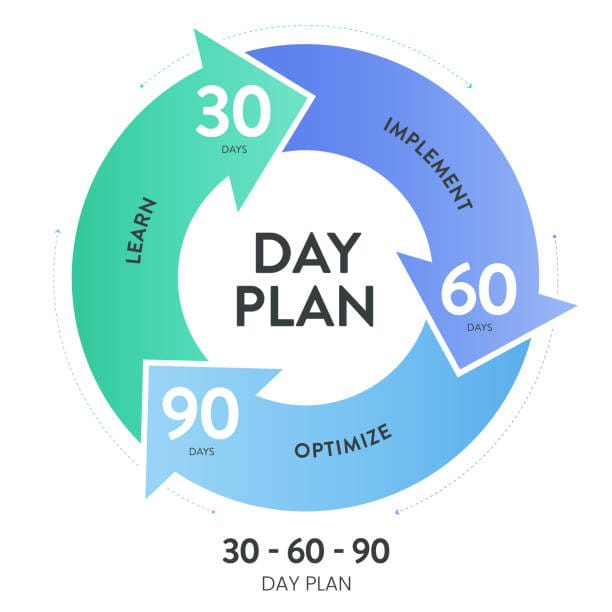Why Do You Need a Credit Score Even If You Never Take Loans?

When people hear about credit scores in India, many instantly think, “I don’t take loans or use credit cards, so I don’t need a credit score.” This belief is common but far from accurate.
In reality, a credit score is much more than just a number for loan approvals — it is a financial reputation that influences many parts of your life. Even if you never borrow money, this three-digit number can affect your ability to rent a home, get a job in certain sectors, obtain a credit card, and much more.
This blog explores the importance of a credit score even for those who have never taken loans, helping you understand why it matters and how you can manage it smartly.
1. Understanding Credit Scores in India
What Is a Credit Score?
A credit score in India is a numeric representation of your creditworthiness, usually ranging from 300 to 900. It is maintained by credit bureaus such as:
- CIBIL (TransUnion)
- Experian
- Equifax
- CRIF High Mark
The score is calculated based on several factors and helps lenders assess how reliably you would repay borrowed money.
How Is It Calculated?
The main factors influencing your credit score include:
A higher score indicates better creditworthiness.
What Does Your Credit Score Mean?
2. Everyday Life Situations Where Credit Score Matters (Even Without Loans)
Even if you never borrow, your credit score can impact many parts of your financial and personal life.
Renting a Home
Landlords in cities like Mumbai, Bengaluru, and Delhi often check credit reports before renting out property. A good credit score assures them you are financially responsible and likely to pay rent on time. A low or no credit score might lead to:
- Higher security deposits
- Need for guarantors
- Difficulty securing desirable properties
Employment Screening
Certain sectors — particularly banking, finance, and insurance — conduct credit checks as part of background verification. A good credit score reflects positively on your financial discipline and reliability, which can affect your job chances.
Postpaid Mobile Connections and Utilities
Telecom providers sometimes check credit reports before offering high-value postpaid plans. Similarly, electricity or gas providers might reduce security deposits or waive them altogether if you have a healthy credit profile.
Buying Gadgets and Electronics on EMI
Buy-now-pay-later and EMI schemes are popular in India. Retailers require credit checks to approve these. Without a good score, you may be denied easy monthly installment options.
Insurance Premiums
Some insurers use credit-based insurance scoring to decide premiums. Better credit health might help lower your insurance costs.
3. Why a Good Credit Score Is a Financial Safety Net
You may be debt-free now, but unexpected situations often demand quick access to credit.
Emergencies
Medical bills, urgent travel, or sudden repairs require immediate funds. Having a good credit score can make it easier to get quick loans or credit cards with reasonable interest rates.
Better Loan Terms Later
If you ever decide to buy a home, a vehicle, or start a business, a good credit score can save you thousands of rupees through lower interest rates and better terms.
Avoiding Last-Minute Rejections
Without a credit history, lenders view you as untested and risky. This can delay approvals or force you into high-interest products in times of need.
4. How Credit Score Influences Non-Loan Financial Products
Credit isn’t just about loans anymore.
Credit Cards for Convenience
Credit cards are a financial tool that lets you shop online, earn rewards, and manage emergencies. Issuers approve cards based on your credit profile. A good score means better credit limits and card benefits.
Buy-Now-Pay-Later (BNPL)
Services like Amazon Pay Later or Flipkart Pay Later report your payment behaviour to credit bureaus, helping build your credit profile.
Overdraft Facilities
Some banks offer overdraft options against savings accounts, but your creditworthiness often determines approval.
5. Impact of No Credit History vs Low Credit Score
No Credit History (NA/NH)
No credit history means lenders have no data to evaluate your repayment behaviour. This might lead to:
- Higher interest rates when you finally seek credit
- Need for co-applicants or collateral
- Difficulty accessing instant credit products
Low Credit Score
Low scores often indicate late payments or high credit utilisation, making lenders wary and leading to rejections or expensive credit offers.
6. How to Build and Maintain a Healthy Score Without Taking Big Loans
Get a Credit Card and Use Responsibly
- Use for small purchases
- Pay the full bill on time every month
- Keep utilisation below 30%
Opt for a Secured Credit Card
- Linked to a fixed deposit
- Builds history with no risk of default
Use Buy-Now-Pay-Later Services Carefully
- Always pay on time
- Helps build credit without traditional loans
Keep Old Accounts Open
- Length of credit history is important
- Avoid closing old credit cards unnecessarily
Avoid Multiple Credit Applications
- Too many hard enquiries lower your score
7. Common Myths About Credit Scores and Non-Borrowers
8. Real-Life Example
Amit, a 28-year-old software engineer in Pune, never took loans or credit cards. When he moved to a new city and wanted to rent an apartment, he faced difficulties because landlords asked for credit reports. After applying for a secured credit card and paying off bills timely for six months, his credit score improved to 720, making it easier to rent without extra deposits.
9. Conclusion
Your credit score is your financial reputation — not just a number for borrowers. It affects your ability to rent homes, get jobs, access convenient financial products, and handle emergencies smoothly. Even if you never plan to take loans, building and maintaining a good credit score is a smart step for financial security.
Want to keep track of your credit health easily? You can check your credit score anytime through RBI-approved bureaus or trusted financial platforms like GoodScore. Staying informed helps you stay prepared.



